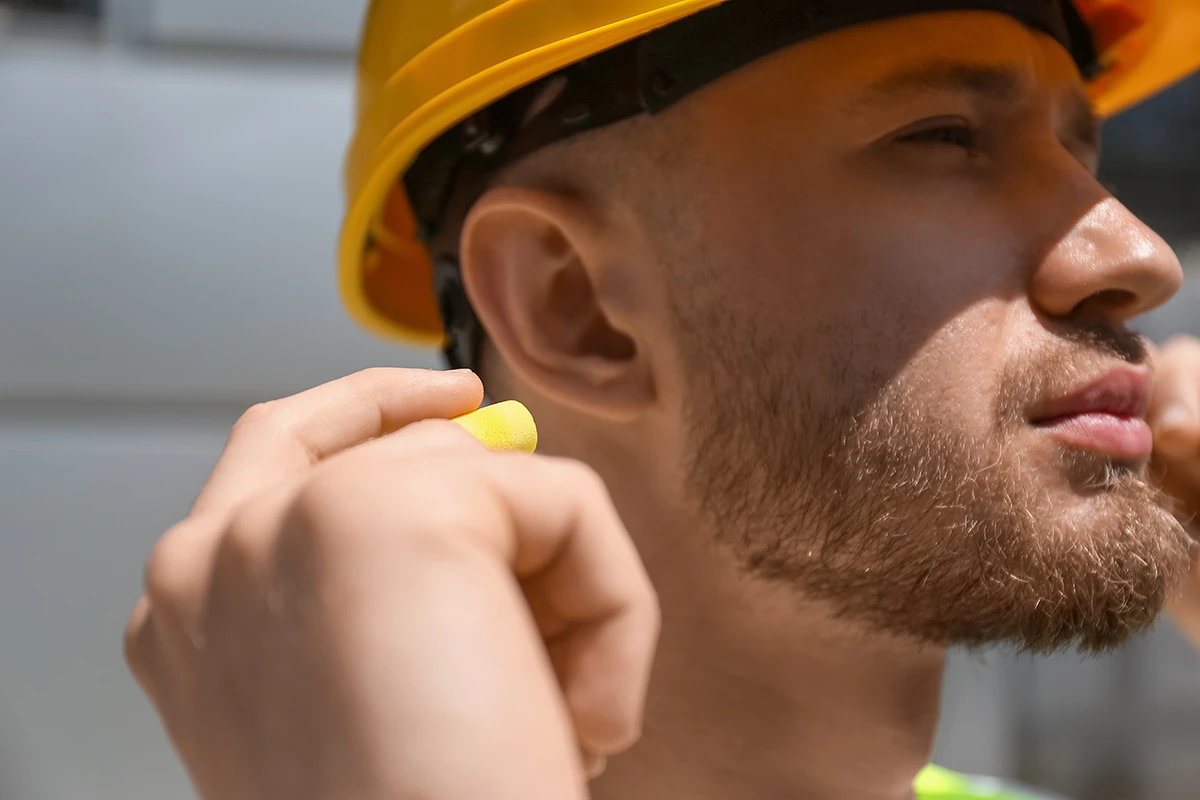
Most people are aware of the more common causes of hearing loss like aging or head trauma. However, there are also a number of things that can damage your hearing that may actually surprise you. In this blog post, we’ll explore some lesser-known factors that can have a negative impact on our auditory health. It’s crucial to be aware of potential hazards to your hearing, whether they be everyday activities, environmental factors, recreational pursuits, or even certain hygiene practices.
Leisure Activities That Can Damage Your Hearing
Having fun shouldn’t come at a cost. Unfortunately, without essential safeguards, many things that people do for pleasure could be costing them their hearing. Here are some common leisure activities that can put you at risk of hearing loss without proper protection.
Watersports
Many outdoor activities are incredibly beneficial to your overall health and well-being. However, activities that expose you to excessive wind and cold water for longer periods of time can result in damage to your hearing if you aren’t careful. Surfer’s ear is medically known as external auditory canal exostoses (EACE). It’s a condition that arises from prolonged exposure to cold water and wind. This unprotected exposure triggers the formation of bony growth within the ear. This bony growth can ultimately result in hearing loss if it fully occludes the ear canal.
The only treatment for this condition is surgery, so it’s best to wear properly fitted ear protection such as earplugs specifically made to provide a sound and water barrier to reduce your risk of hearing loss.
Personal Listening Devices
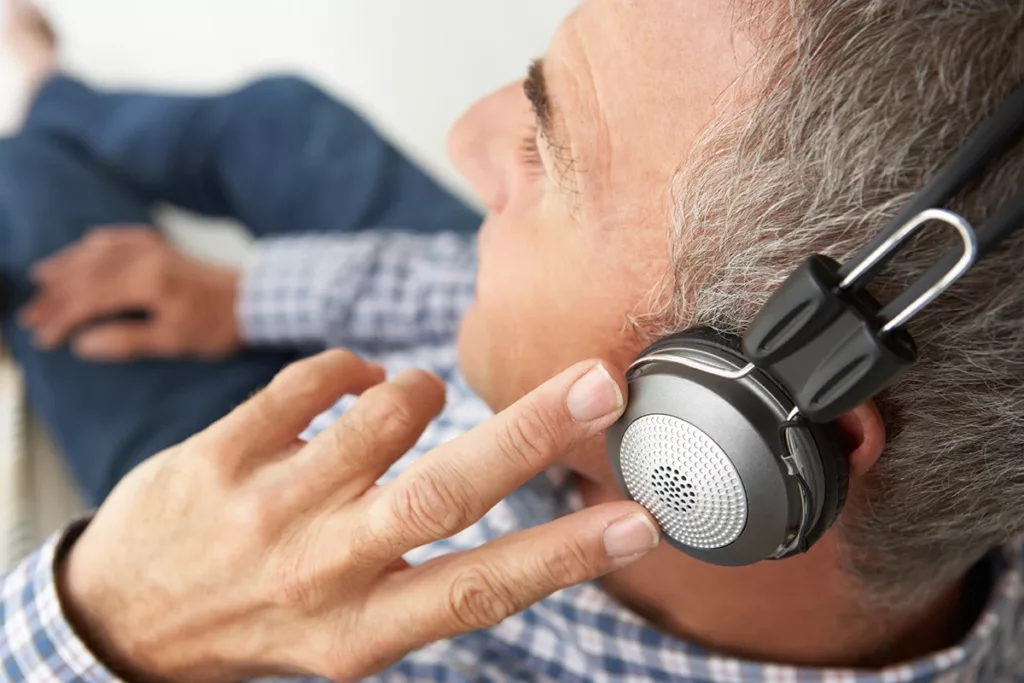
Loud concerts are obvious sources of noise-induced hearing loss, but you can also damage your hearing from listening to music at an unsafe volume on personal devices. The most effective way to reduce your risk of hearing damage while using headphones or when listening to audio from your car stereo or home speaker system is to keep your volume between 60-75 decibels (dB). For reference, the average noise level of most casual conversations is between 60-69 dB. Similarly, most home appliances like your dishwasher run at around 70-75 dB.
Motorsports
Any vehicle that you ride on, as opposed to riding in, such as motorcycles, snowmobiles, and motorized boats, expose you to harsh wind as well as loud motor noise. And as we’ve already discussed, both of these can damage your hearing. Wearing ear protection while riding around on motorized vehicles, especially at high speeds, can help reduce your risk of hearing damage.
Even when you’re spectating at a motorsport event, it’s important to consider your hearing health. The acoustics of arenas and racetracks are designed to maximize the sound and carry it up into the stands. In addition, you’re likely hearing the combined noise from more than one vehicle at a time as well. The Occupational Safety and Health Act (OSHA) requires protective hearing equipment for continuous exposure to sounds of 85 dB or higher which is about the noise level of normal, everyday traffic. Meanwhile, one NASCAR engine can generate up to 130 dB of noise.
Busy Restaurants, Bars, and Other Noisy Spaces

It can be easy to forget just how loud the drone of voices in a crowd can be. When compounded by the additional noises of a busy and productive establishment, prolonged exposure can eventually damage your hearing. Places like busy restaurants, bars, and cafes can easily reach 80+ dB, which can cause damage to your hearing after only 2 hours of exposure. There are also many acoustic features that can exacerbate the noise levels of a space, like tile floors, brick walls, and low ceilings.
Places that have booths that offer a little more privacy, or padded chairs or other cushioned furniture will tend to be less loud as these features can absorb the sound more effectively. If you want to limit your exposure to loud noise without feeling like you are sacrificing your social life, consider visiting during less busy times of the day, or choosing an establishment that is smaller or seats less guests at a time.
Other indoor environments like arcades or bowling alleys, can also take a toll on your senses. Instead of avoiding these places, consider wearing ear protection and ducking out for a 10-minute break every hour to give your ears a rest.
Busy City Streets
What could be wrong with sitting at a sidewalk café, sipping a latte? Well, if it’s on a busy city street, this idyllic scene can be a noisy one filled with sirens, horns, and loud cars, motorcycles, and other vehicles. To limit your exposure to loud noises, you can either avoid sitting outside all together, or choose a time of day with less traffic. Similarly, when walking around town, avoid areas with construction, or use noise-canceling headphones responsibly if loud areas are simply unavoidable on your daily walking commute.
Of course, if you’re driving, most traffic noise is going to be unavoidable. Ear plugs while driving can be dangerous, and it’s also illegal in some states. Instead, keep your windows up while in noisy traffic to help protect your ears.
Work Environments that Can Damage Your Hearing
If the offending environment is your place of work, escaping the causes of noise-induced hearing loss may not be as easy. Any work environment with loud machinery or motors can put you at risk for occupational NIHL. For businesses that use loud machinery, OSHA (Occupational Safety and Health Administration) has strict guidelines for employers and employees to help prevent NIHL.
Agriculture, Construction, Manufacturing, and Maintenance
It’s not surprising that construction and manufacturing jobs generally involve loud machinery, which can lead to NIHL. However, there are many other types of occupations that also have loud machinery. In agriculture, some of the heavy equipment used to prepare the soil, plant the seeds, and harvest the plants operate at noise levels that can cause hearing loss in the instance workers don’t wear professional grade ear protection. Janitorial staff who often clean floors are subjected to noisy vacuums, cleaners, and polishers. In addition, another surprising cause of hearing loss for some people is exposure to solvents and cleaning supplies. These chemical vapors can also damage the fine hairs in your ear that help you hear.
Live Entertainment Venues
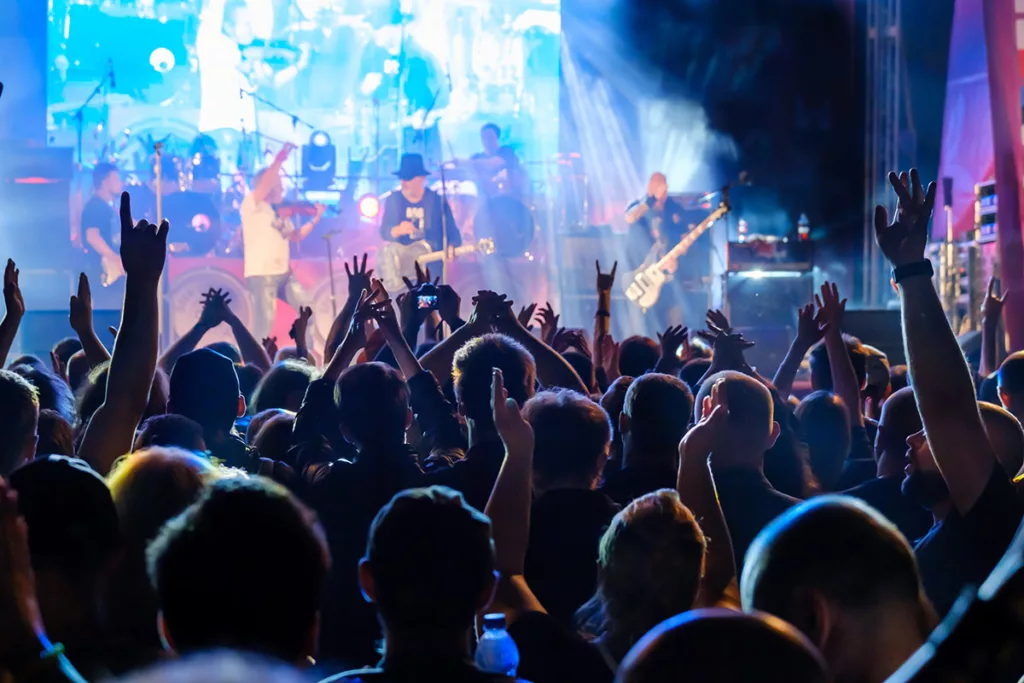
It’s also likely not surprising to learn that working at any live entertainment venue such as a sports stadium, theater, or concert hall exposes you to loud noises. However, it can be extremely shocking to learn just how quickly these naturally loud environments can permanently damage your hearing if you aren’t careful. Many entertainment venues average 105 dB and louder. According to the CDC, it takes less than 5 minutes of exposure at this volume for it to affect your hearing. Whether you’re a performer, athlete, usher, or work in concession, protecting your hearing in these loud environments is essential. One of the best ways to prevent hearing loss is to block out the noise by wearing properly fitted earplugs or earmuffs. You should also try to give your ears a break from the noise as often as possible. We recommend a minimum of 5-10 minutes at a time.
Hospitality Industry
The same drone of noise pollution that can affect your hearing when you’re visiting a café, restaurant, or pub is even more challenging to manage when you work there. People who work in the hospitality industry are also subjected to many other loud noises like background music or even live performances. Day and day out, they are also likely exposed to busy kitchen sounds like clanging pots, dishwashers, and loud overlapping voices. There are acoustic environment adjustments employers can implement in order to address some of this noise pollution. Examples include adding rubber mats to the kitchen, adding acoustic panels to the walls, turning down the music, and purchasing quieter machines. However, one the best ways to limit your exposure to constant loud noises while working in the hospitality industry is to wear ear plugs when appropriate, and to take breaks to give your ears time to rest.
Transportation and Shipping
Any hub of transportation like an airport, bus or train station, as well as shipping centers have high noise levels. Workers are likely to be exposed to continuous noise pollution on a daily basis from vehicle engines, machinery, and the drone of general commuter chatter. In these environments, employers are required to provide specific safeguards. This includes professional hearing protection tools such as earmuffs and ear plugs. Plus, regular maintenance on large machinery or transportation vehicles can also help ensure they remain in good working order and operate at quieter volume levels.
Home Activities that Can Damage Your Hearing
Most people don’t realize how damaging everyday sounds can be to their hearing over time. Furthermore, they may not recognize that they are putting their hearing at risk even while at home. In fact, noise induced hearing loss can be caused by many common sounds you are likely exposed to every day. Scarier still, without proper preventative measures, your risk of hearing loss increases the longer you are exposed to them.
Home Appliances and Power Tools
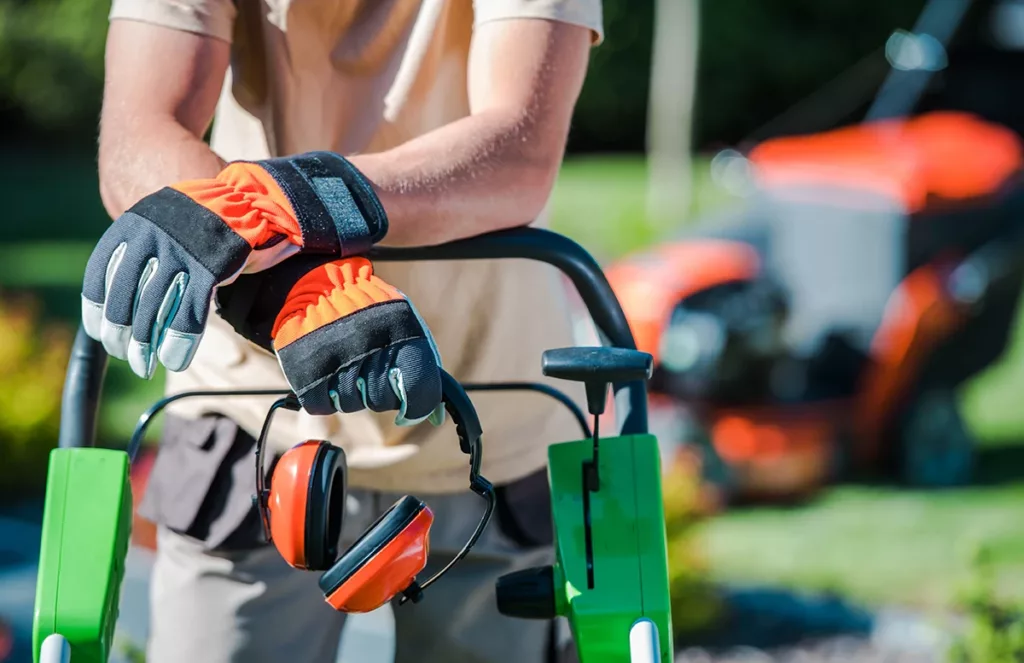
Most modern homes have plenty of noisy machines, such as power tools, lawnmowers, and leaf blowers. To protect your hearing while using any kind of power tool it’s important to wear properly fitted earplugs or earmuffs. Common home appliances like blenders, garbage disposals, and even hair dryers tend to operate in the 90-95 dB range. And according to the CDC, this decibel range can damage your hearing in less than an hour of use. This makes limiting your usage of these appliances on a daily basis incredibly important. You should also practice additional habits like keeping your distance when you can and investing in quieter appliances.
Home Entertainment
We can’t stress this next one enough. You have no doubt heard that you can damage your hearing from music or other audio that’s too loud. However, it’s worth repeating as it’s a common cause of NIHL. Get into the habit of turning the volume down on your devices before turning them off. This way they start at a low volume when you turn it on again, allowing you to turn it up gradually based on whatever you are watching or listening to at the time.
If you find yourself needing to turn the volume up louder and louder to understand the dialog or hear things more clearly, this could actually be a sign of hearing loss. If you find yourself in this situation, it’s a good idea to get your hearing checked. Exposure to overly loud noises for extended periods of time can cause possible hearing damage.
Using Cotton Swabs
Putting any foreign object in your ear canal can do much more harm than good. Using cotton swabs irresponsibly can cause ear wax compaction which can compromise your hearing and require professional care to extract. Cotton swabs in your ear can also cause serious harm such as damage to the sensitive lining of your ear or your eardrum. This damage can cause permanent hearing loss. To prevent infection and damage, you should never clean your ears with cotton swabs. Your ear wax protects your ear canal from particles and germs. These germs can also lead to hearing loss via infections or physical damage. When the ear wax builds up, it can muffle the sounds you hear, and even become physically uncomfortable. If you feel your earwax is a problem, it’s important to speak with a medical professional about it before trying to perform any home remedies.
Learn More About How to Prevent Damage to Your Hearing
The first steps to ensuring lifelong hearing health is knowing how to prevent hearing loss and ways you can protect yourself every day. Remember to always wear properly fitted hearing protection when necessary, and be proactive in reducing your exposure to loud noises. Our expert team of hearing specialists are here to help you find the best hearing loss prevention techniques for your lifestyle as well as provide ongoing care. Don’t wait until it’s too late. Act now to protect your hearing for years to come. Visit any of our hearing clinics conveniently located throughout the United States.


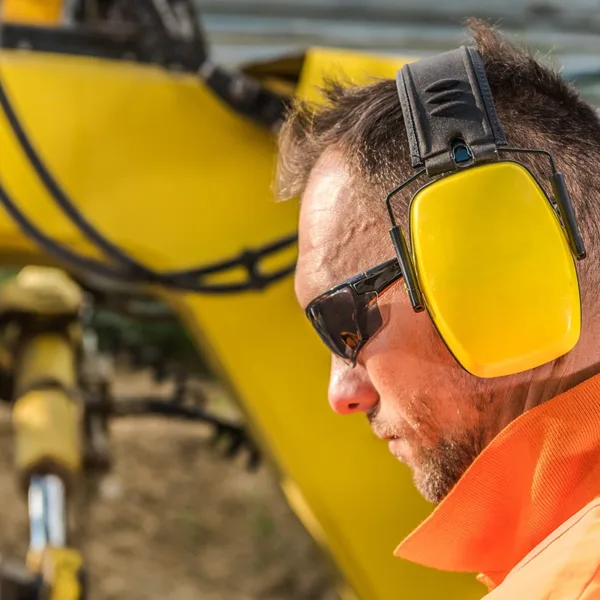
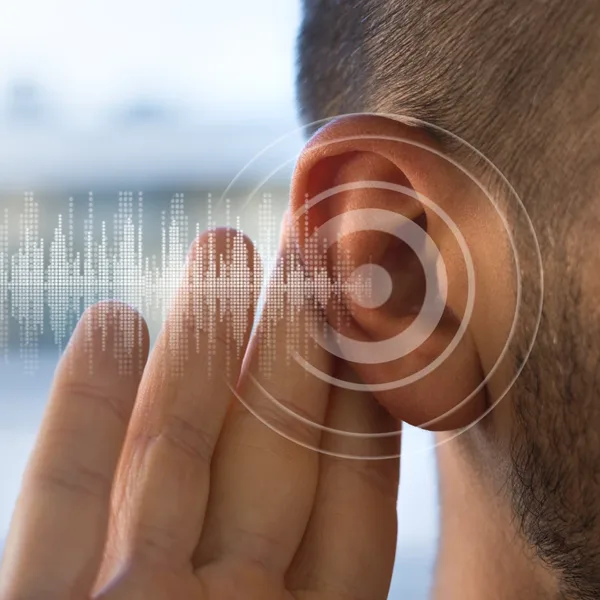

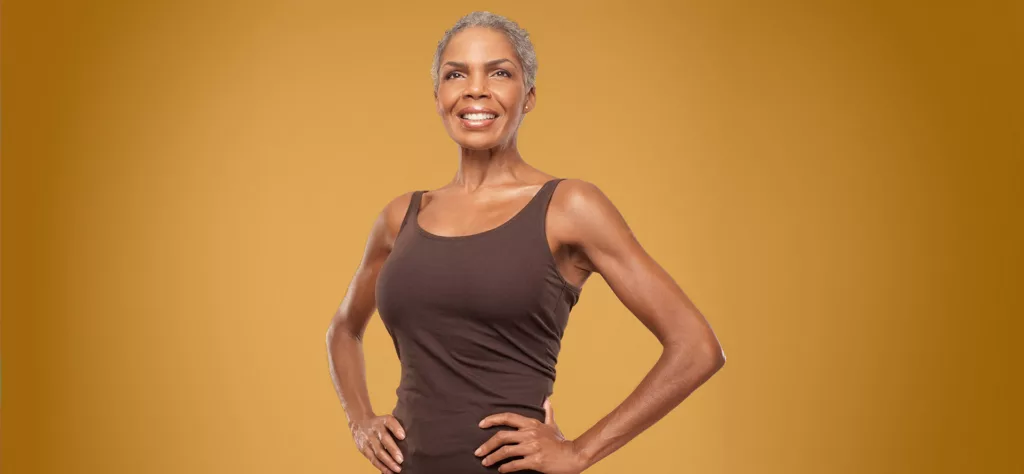

Have a question or Comment?